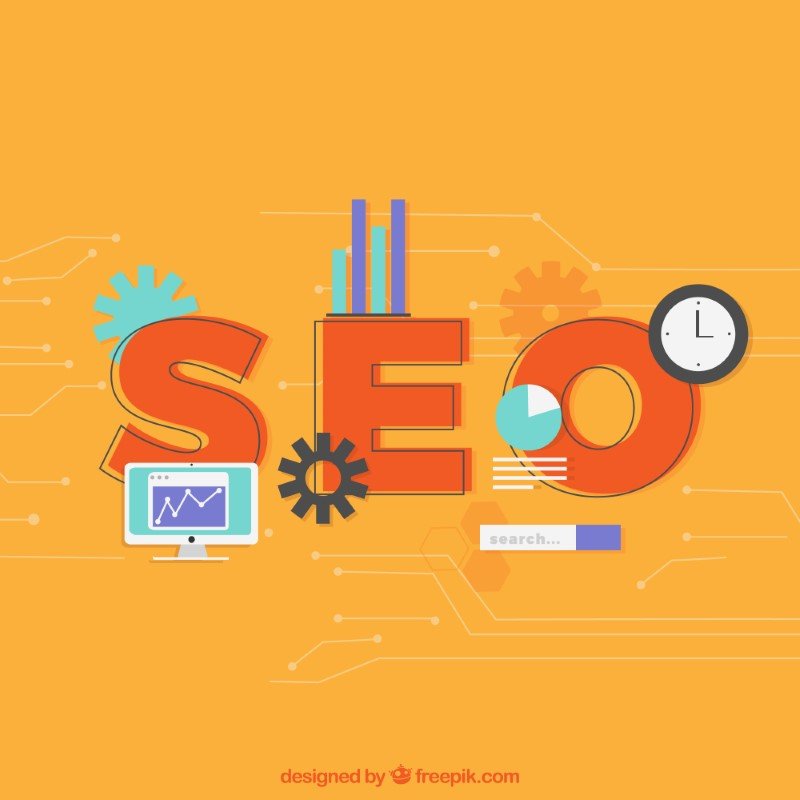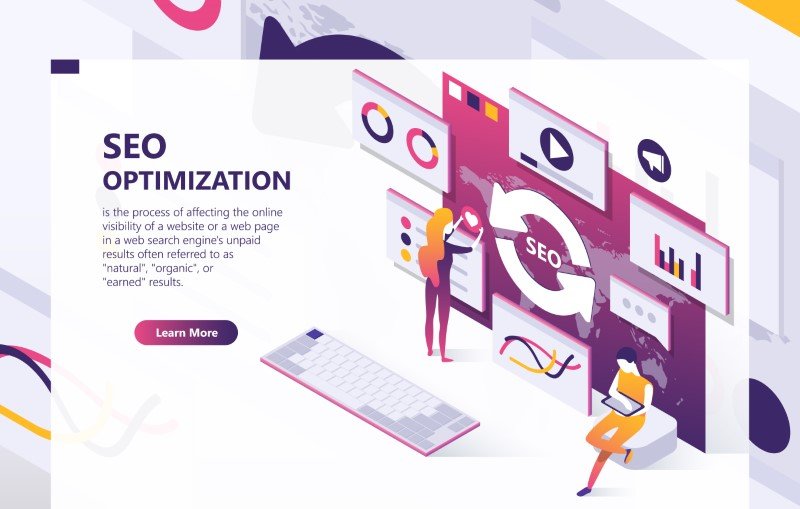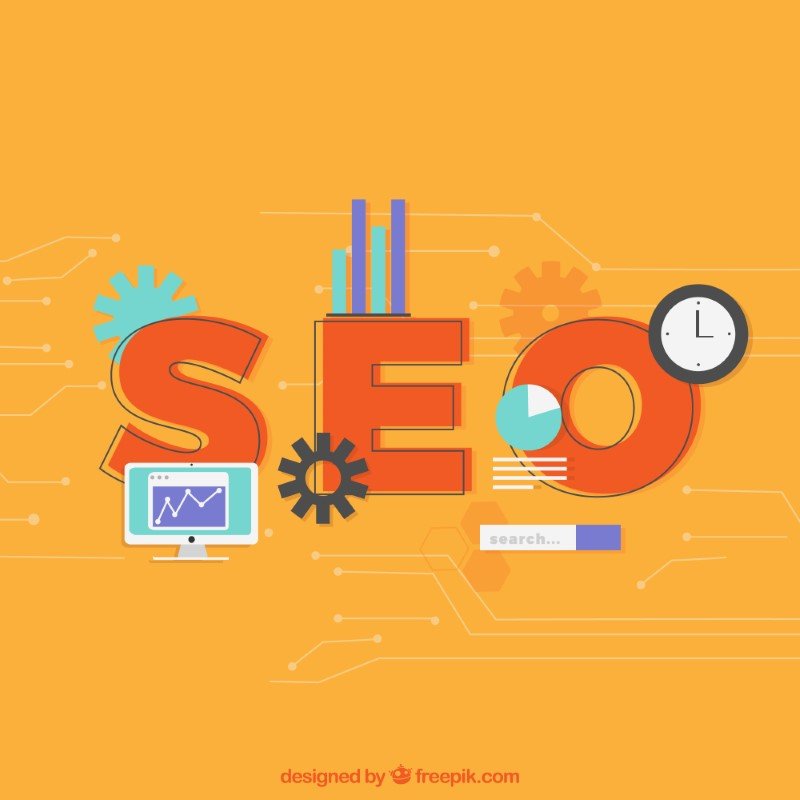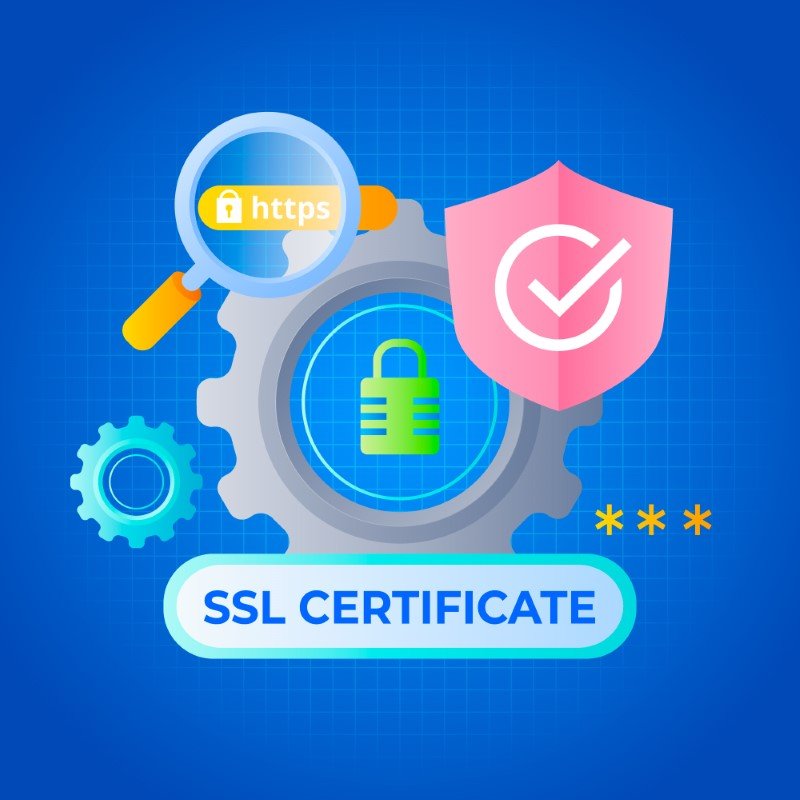In today’s digital landscape, search engine optimization (SEO) is the cornerstone of a successful online presence. With millions of websites vying for attention, standing out in search engine results is more crucial than ever. SEO is not just about keywords or backlinks; it’s a comprehensive approach to making your website more visible and appealing to search engines and users alike. Understanding and mastering SEO can dramatically enhance your website’s reach, drive more organic traffic, and ultimately contribute to your business or personal brand’s success.
This guide is designed to walk you through the essentials of search engine optimization, from the foundational understanding of what SEO is to the key elements that can make or break your SEO efforts. You’ll learn about various SEO techniques and strategies that can be employed to improve your site’s ranking, as well as the tools and resources available to help you in this journey. Whether you’re new to SEO or looking to refine your approach, this article will provide valuable insights and practical advice to help you master the art of search engine optimization.

Table of Contents
Understanding SEO
What is SEO?
Search Engine Optimization, or SEO, is the practice of enhancing the quality and quantity of traffic to your website through organic search engine results. It involves optimizing your website content and technical setup so search engines like Google can effectively crawl, index, and understand your content to rank your web pages higher in search results. This process is vital because it increases your website’s visibility, leading to more traffic and opportunities to convert prospects into customers.
How Search Engines Work
Search engines operate in several key stages: crawling, indexing, and ranking. Initially, search engines use crawlers or bots to navigate the web by downloading web pages and following links on these pages to discover new pages. This process is known as crawling. Once pages are discovered, search engines then analyze and organize the information on these pages into a database known as an index.
During the indexing process, search engines look at several factors such as the relevance of keywords, the freshness of content, and user engagement metrics. The final stage is ranking, where search engines sort through indexed pages and determine their order based on relevance to a user’s query. Factors influencing ranking include the page’s content quality, user location, language, and previous search history.
The Importance of SEO
SEO is crucial for increasing a website’s visibility, which directly correlates with web traffic and business growth. High visibility in search results ensures that more prospects can find your website, which is essential as a significant portion of web users do not look beyond the first page of search results. Furthermore, SEO helps establish your brand as a trustworthy authority in your industry, enhancing user trust and loyalty.
A well-optimized website communicates clearly what is offered, how to engage with the content, and answers any pertinent questions, improving the overall user experience. This alignment not only satisfies search engines but also serves users effectively, making it easier for them to obtain the information they need. Thus, mastering SEO not only boosts your visibility but also supports your business’s credibility and customer relationship efforts.
Key Elements of SEO
Technical SEO
Technical SEO involves enhancing your website’s backend and frontend aspects to improve its visibility in search engine results. This includes optimizing site speed, mobile-friendliness, and ensuring your site is easily crawlable by search engine bots. A well-structured site with a clear hierarchy aids search engines in understanding and indexing your content efficiently. Important elements like XML sitemaps guide search engines through your site, showing them where to find the most important content. Additionally, correct use of the noindex tag and canonical links prevents issues of duplicate content, ensuring that search engines index the right pages.
On-Page SEO
On-Page SEO refers to the optimization of elements on your website that affect your search engine rankings. This includes content elements like quality of the content and keyword optimization, HTML elements such as title tags and meta descriptions, and site architecture elements like URL structure and user navigation. Effective on-page SEO not only helps search engines understand the content of your pages but also improves user experience, making it easier for visitors to interact with your site and find the information they need. Additionally, incorporating internal links, optimizing title tags, and ensuring your content matches user search intent are crucial steps in on-page SEO.
Off-Page SEO
Off-Page SEO enhances your website’s authority and reputation through activities outside your website. This includes building backlinks from other reputable sites, engaging in social media marketing, and managing your online reputation through reviews and guest posting. Effective off-page SEO strategies involve using techniques like influencer marketing, content marketing, and digital PR to improve your site’s visibility and credibility. Additionally, local SEO tactics like optimizing your Google Business Profile and ensuring accurate name, address, and phone number (NAP) listings can boost your local search rankings.
By mastering these key elements of SEO—Technical, On-Page, and Off-Page—you can significantly enhance your website’s search engine ranking and visibility, driving more traffic and engagement to your site.
SEO Techniques and Strategies
Keyword Research
Keyword research is foundational to effective search engine optimization. It involves identifying and analyzing terms that people are actively searching for on search engines. This process helps you understand what your audience is interested in and how they express their needs in search queries. By targeting these keywords in your content, you can improve your visibility in search results and attract more relevant traffic to your site. Utilizing tools like Google Keyword Planner can help refine your keyword list, ensuring you target terms that have a substantial search volume and are achievable in terms of competition.
Content Marketing
Content marketing and SEO are intertwined strategies that boost each other’s effectiveness. Creating high-quality content that addresses the needs and questions of your audience can lead to higher rankings in search engine results. Each piece of content you create should be optimized for keywords identified through your research, enhancing the likelihood of appearing in search results for those terms. Distributing content across various channels like social media and email not only increases its reach but also drives more traffic back to your site, further improving your SEO efforts.
Link Building
Link building is a critical component of SEO that involves acquiring backlinks from other websites to your own. These backlinks act as endorsements, signaling to search engines that your content is valuable and trustworthy. Strategies for building links include creating linkable assets like in-depth guides or research reports that naturally attract links, and conducting outreach to relevant sites to secure backlinks. It’s important to focus on the quality rather than just the quantity of links, as links from reputable and relevant sites have a stronger impact on your SEO.
On-Page Optimization
On-page optimization involves refining the content and structure of your website to make it more attractive to search engines and users. This includes ensuring that your content fulfills the search intent of your target keywords, using appropriate title tags, meta descriptions, and headers, and optimizing internal and external links. Each page should provide a clear, concise, and informative answer to the user’s query, utilizing keywords naturally throughout the content to improve its relevance and visibility in search results.
Site Architecture Optimization
The structure of your website plays a significant role in both user experience and SEO. A well-organized site architecture helps search engines crawl and index your pages more effectively, which can enhance your rankings in search results. Implementing a flat site architecture ensures that users and search engine crawlers can navigate your site with ease, improving the overall accessibility and effectiveness of your SEO strategy. Additionally, a clear and logical URL structure supports both users and search engines in understanding the hierarchy and relevance of your content.
By focusing on these key areas of SEO, you can build a robust strategy that enhances your site’s visibility, drives traffic, and improves user engagement. Remember, the goal is to make your content easily accessible and valuable to both users and search engines, fostering a positive experience that encourages repeat visits and higher conversions.
Tools and Resources for SEO
Free SEO Tools
You can access a variety of free SEO tools that are essential for executing your SEO tasks effectively. Tools like Keyword Research Tools, On-Page SEO Tools, Link Building Tools, and Monitoring & Rank Tracking Tools are available at no cost. Additionally, tools for Web Speed Optimization, Structured Data, Mobile SEO, and Local SEO can significantly enhance your website’s performance and SEO strategy.
Paid SEO Tools
For more advanced features, you might consider investing in paid SEO tools. Majestic, known for its extensive backlink analysis capabilities, and Ahrefs, which offers detailed insights into backlinking opportunities and content suggestions, are excellent choices. SEMrush and Moz Pro provide comprehensive tools for SEO research, competitor analysis, and keyword research. These tools offer a competitive edge by streamlining various SEO tasks and providing deeper insights into your website’s performance.
SEO Platforms
Several SEO platforms provide an all-in-one solution to manage your SEO needs. SEMrush stands out with its user-friendly interface and a wide range of features including keyword tracking, site audits, and content marketing suggestions. Ahrefs is also a robust platform, particularly strong in tracking backlinks and keyword research. For those looking for a comprehensive tool that is easy to use, Morning Score offers game-like elements that make SEO fun and straightforward, helping you track your progress in a unique and engaging way.
Learning Resources
To effectively use these tools and improve your SEO skills, several learning resources are available. Google Skillshop offers extensive courses on Google Analytics, helping you understand and utilize this powerful tool to its full potential. Google’s Online Marketing Challenge provides a practical learning experience with real-life marketing campaigns. For WordPress users, Yoast SEO and Rank Math offer plugins that guide you through optimizing your site, with tutorials and tips to enhance your understanding of SEO.
By utilizing these tools and resources, you can significantly improve your website’s search engine rankings, enhance user engagement, and increase your online visibility.
Conclusion
Throughout this guide, we’ve traversed the landscape of Search Engine Optimization, demystifying its complexities and highlighting the pivotal elements that underpin a successful SEO strategy. From the bedrock of understanding what SEO entails and how search engines operate, to unwrapping the layers of on-page, off-page, and technical SEO, our journey has underscored the profound impact that well-executed SEO practices can have on amplifying your website’s visibility. This amplification is not just a surge in traffic; it represents the potential for meaningful engagement with your audience, setting the stage for growth and success in the digital realm.
Reflecting on the significance of SEO in today’s digital-first world, it becomes clear that mastering SEO is tantamount to harnessing the power of unlimited reach. The keys to unlocking this potential lie not only in adhering to proven strategies but also in ongoing learning and adaptation to the dynamic nature of search engine algorithms. As we conclude, remember that SEO is a continuous journey of improvement and refinement. Embrace the process, encourage further exploration, and stand ready to adapt, for the landscape of the internet is ever-evolving, offering endless possibilities for those who navigate it with insight and intention.
FAQs
To master SEO, start by ensuring Google can discover and correctly view your content the same way a user does. Use descriptive URLs and organize similar content into directories to help Google understand your site structure. Minimize duplicate content and anticipate the search terms your readers might use. Avoid using distracting advertisements and always link to relevant resources to enhance the value of your pages.
The most important principle, often referred to as the Golden Rule of SEO, is to create content primarily for users, not just for search engines. Focus on delivering genuine value and addressing the needs of your website visitors, rather than employing tactics like keyword stuffing which aim to manipulate search engine rankings.
Yes, you can learn SEO on your own. Many SEO professionals began their careers through self-taught methods and practices. With access to numerous free SEO tools and resources like this guide, you can start learning and applying SEO best practices to your website independently.
Learning SEO is not inherently difficult, but it does require dedication, time, and consistent effort. Beginners might find the concepts overwhelming at first, especially if learning independently without formal training. However, with persistence and ongoing practice, the process becomes more manageable and understandable.
Get Your Website Free Audit Report Today!
Newsletter
Latest Post

SEO Optimization Companies: Best Picks for 2024

Web Application Basics: Everything You Need to Know


Small Business Bookkeeping: Essential Tips for 2024


